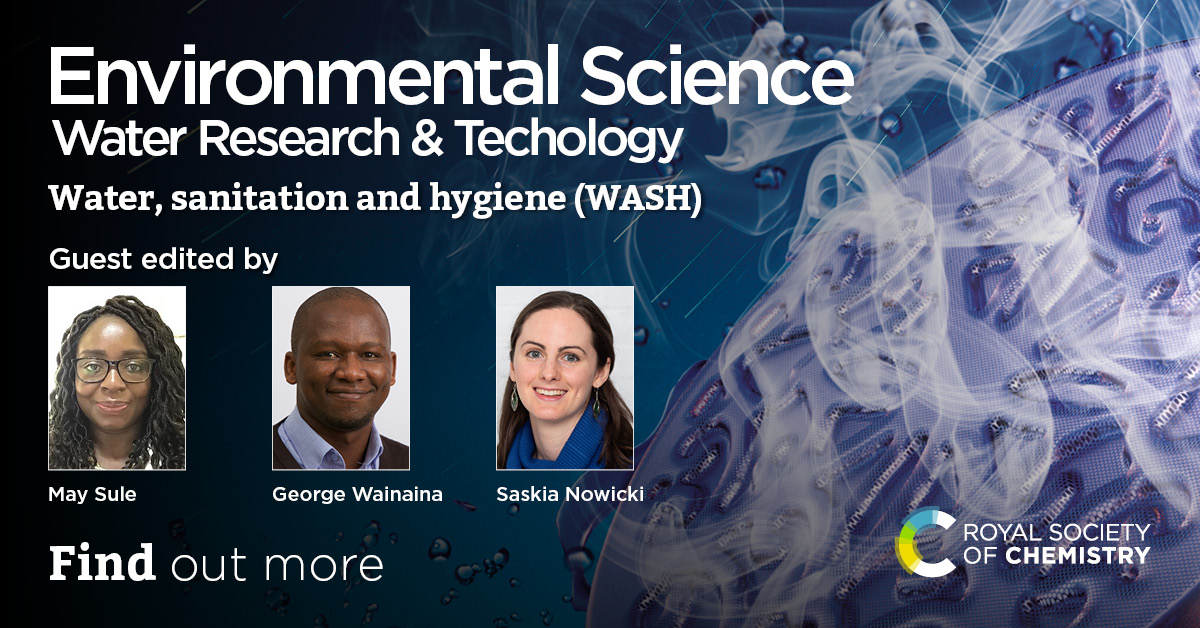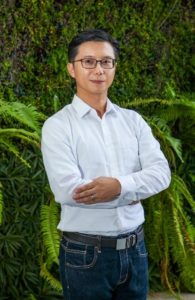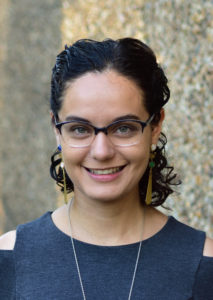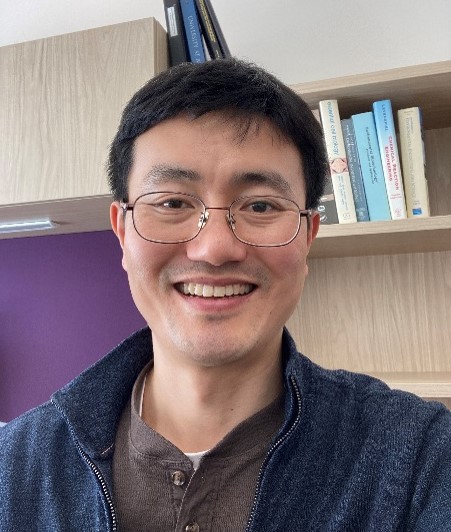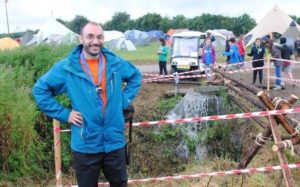Environmental Science: Water Research & Technology is pleased to highlight our new collection exploring transformation and innovation for resilient equitable Water, Sanitation and Hygiene (WASH) services, Guest Edited by May Sule (Cranfield University, UK), George Wainaina (Eawag aquatic research, Switzerland) and Saskia Nowicki (University of Oxford, UK).
Coverage and sustainability of equitable water, sanitation and hygiene (WASH) systems is a major concern for developing countries. It is also a concern in many middle- and high-income countries, especially from an inequality lens. Research has identified several sustainability challenges, including poor maintenance, inappropriate technology, corruption, non-participation of stakeholders, insufficient operational and regulatory capacity, politics and bureaucracy, and inadequate sector financing particularly for operation and maintenance. Furthermore, global challenges of climate change and population growth pose short- and long-term threats to safe and reliable WASH.
Climate resilience, innovation, intersectional sensitivity, and systems strengthening are currently highlighted as necessary for sustainability and equitability in the WASH sector. As such, an interdisciplinary critical outlook that cuts across technical, social, economic, environmental and governance domains is necessary for sustainable progress on safe and reliable WASH services. This themed collection will focus on WASH systems transformation and innovation. These concepts here are defined broadly as: systems are understood as complex, adaptive collections of interrelated elements from which intended or unintended functions emerge; innovation can be any new method, idea, process or product that may influence change within the system. We welcome different types of papers, including literature reviews, critical perspectives, conceptual analyses, and empirical studies using quantitative, qualitative and mixed methods approaches. Articles could provide a more general perspective or focus on a particular area. Co-authorship from practitioners is strongly encouraged.
Topics that may be included in this collection include:
- Climate-resilient WASH
- Integrating resilience in water and sanitation safety plans for urban and rural settings
- WASH interlinkages with other fundamental services (such as, but not limited to, solid waste and storm water management, integrated water resources management)
- Data monitoring approaches and management for informed decision making (including but not limited to decentralised, digitalised and participatory monitoring / citizen science approaches)
- Role of individual and organisational behaviour change in resilience and sustainability
- Partnerships and other organisational drivers and barriers for WASH service provision
- Financing models and options for sustainable water and sanitation services
- Opinions and perspectives looking beyond 2030 and dialogues for UN Water post-SDG
Article publication online and in issues will occur without delay to ensure the timely dissemination of the work. The articles will then be assembled on the RSC Publishing platform and promoted as a web-based thematic collection, to permit readers to consult and download individual contributions from the entire series.
The submission deadline is 2nd February 2026.
If you’re interested, we invite you to submit your research today, quoting ‘EWWASH25’ in the ‘Comments to the Editor’ when submitting your manuscript.
For more information on the scope of Environmental Science: Water Research & Technology and our author guidelines, please visit our website at rsc.li/es-water or email us at eswater-rsc@rsc.org. See the open call details here: https://rsc.li/WASH


